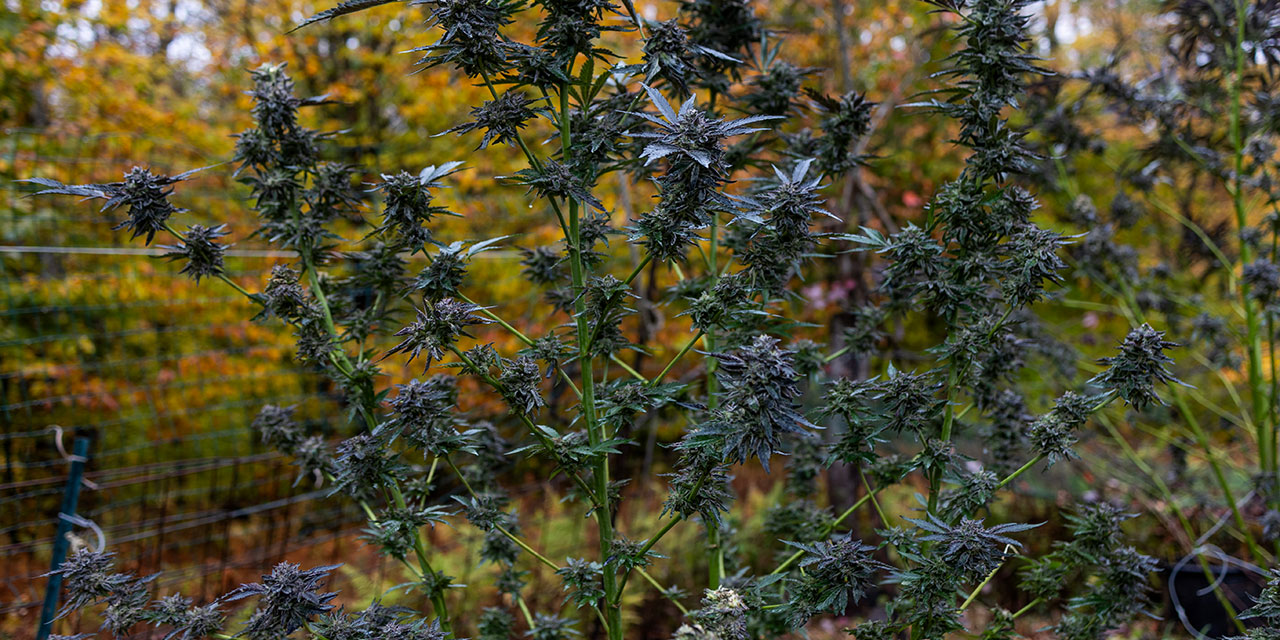
President Donald Trump announced Tuesday that his administration will decide “over the next few weeks” whether to ease federal restrictions on marijuana. While cannabis companies have put aggressive pressure on the president to reclassify the drug, doing so would be a deadly mistake.
First, some background. The Controlled Substances Act authorizes the federal government to place drugs in one of five schedules, each of which imposes restrictions and penalties based on a drug’s potential for abuse. Schedule I, where marijuana is currently listed, contains substances with no accepted medical use and a high risk of abuse.
Finally, a reason to check your email.
Sign up for our free newsletter today.
In 2023, the Biden administration recommended moving marijuana to the much less restrictive Schedule III, but it failed to do so before the end of Biden’s term. The pot industry donated millions to Trump’s campaign in hopes that he would finish what his predecessor started. Doing so, however, would undermine public health, safety, and America’s national interest.
Rescheduling would deliver a massive handout to the marijuana industry. Federal law prevents businesses from deducting most expenses associated with the sale of Schedule I and Schedule II drugs. That means weed businesses, even in states where the drug is legal. By reclassifying marijuana as a Schedule III drug, these retailers could deduct their expenses—including advertising—on their tax returns.
Making it easier for weed retailers to advertise will almost certainly increase the industry’s reach, particularly among young Americans. A recent University of Southern California study found that teens exposed to marijuana content on social media are more likely to use the drug.
That’s a problem, because marijuana use is associated with the onset of mental illness in both children and adults. A literature review by Sorbonne researchers found that, among teens, marijuana use drives up the risk of suicidal ideation by 46 percent and suicide attempts by 85 percent. A longitudinal study from 2021 found massive increases in marijuana-linked schizophrenia rates in Denmark, likely due to the high potency of today’s weed.
But the health harms of marijuana are not restricted to mental illness. An avalanche of recent data show that the drug does profound damage to the cardiovascular system. A systematic review from the British Medical Journal in June linked marijuana use to a doubled risk of cardiovascular death. A March meta-analysis from the Journal of the American College of Cardiology examined some 75 million cases and found that marijuana users are 51 percent more likely than nonusers to have had a heart attack.
Rescheduling marijuana would also fuel the rise of illegal markets, which are a boon to America’s adversaries. Since Chinese and Mexican cartels are major players in America’s illegal drug trade, any growth that the legal weed industry sees from rescheduling will eventually redound to the benefit of international criminal organizations. New York City, for example, is home to some 3,600 illegal shops despite the Empire State’s having legalized marijuana.
Trump may be tempted to reschedule marijuana to appeal to the alienated young men who supported his campaign in substantial numbers. But this constituency is likely to be hurt most of all by such a move. A 2023 study found that young men are at higher risk of developing schizophrenia linked to cannabis-use disorder.
Lowering federal restrictions on marijuana has no upsides and a long roster of downsides, including handing cash to the addiction industry and delivering a win to our enemies. For a president who prides himself on his dealmaking ability, this would be a bad one to take.
Photo by Andrew Lichtenstein/Corbis via Getty Images
City Journal is a publication of the Manhattan Institute for Policy Research (MI), a leading free-market think tank. Are you interested in supporting the magazine? As a 501(c)(3) nonprofit, donations in support of MI and City Journal are fully tax-deductible as provided by law (EIN #13-2912529).
Source link

















